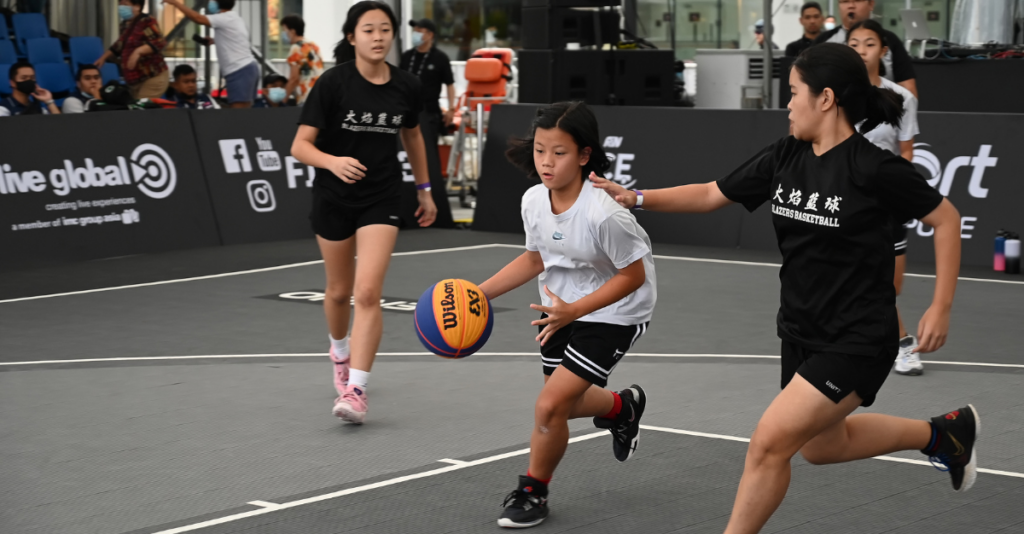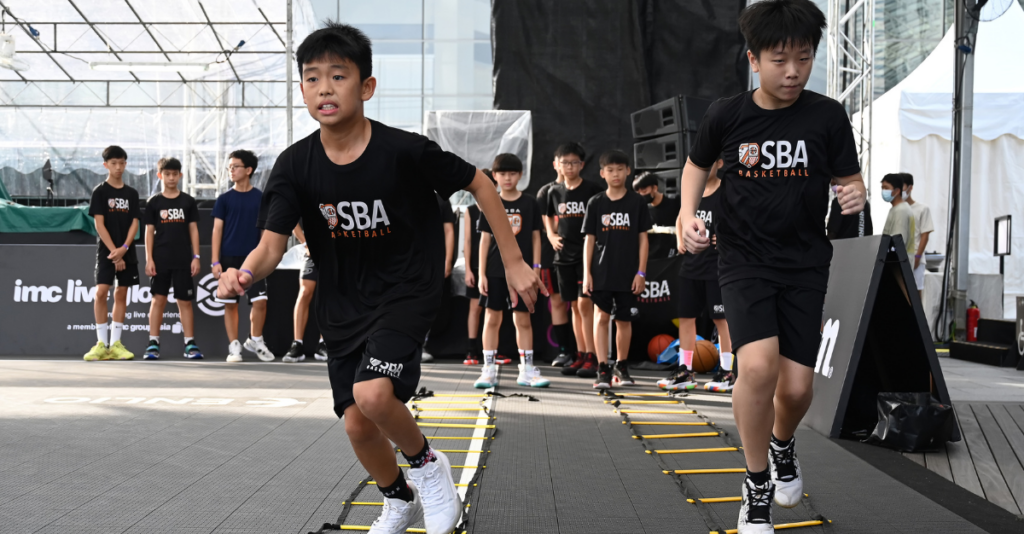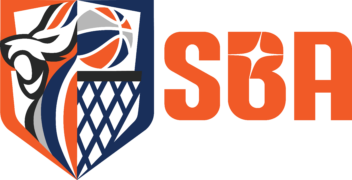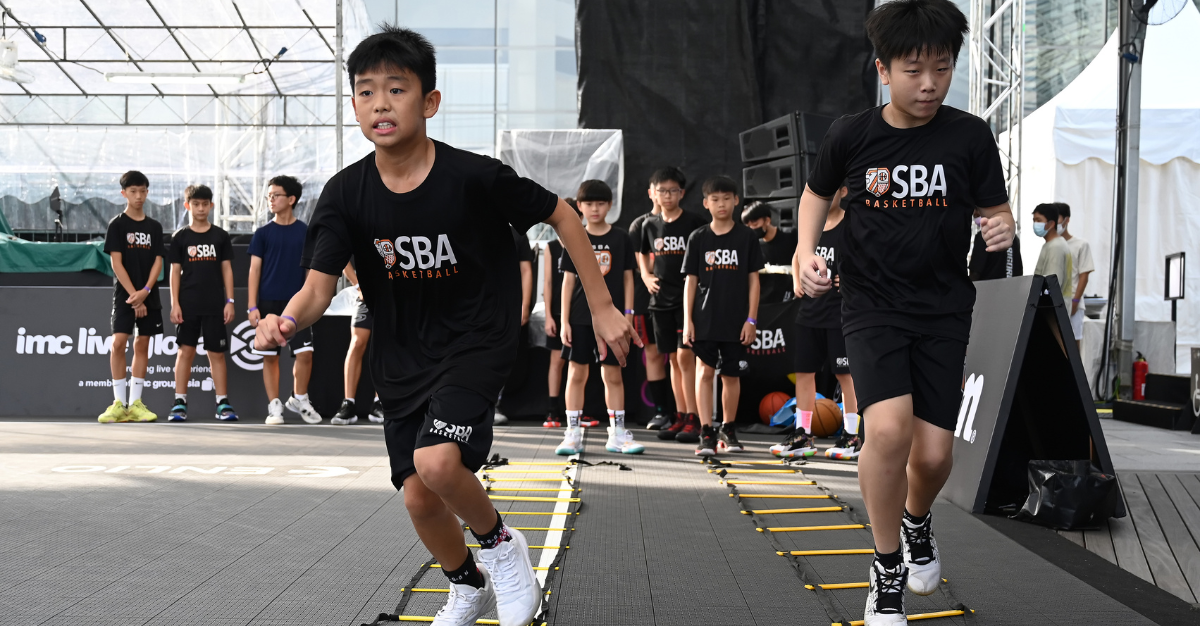
For children learning the game of basketball, mastering the fundamentals—shooting, passing, footwork is essential. But as any experienced basketball coach will tell you, it’s often a player’s mindset that decides how they perform when it counts.
At Scholar Basketball Academy, we believe that mental resilience is not just for elite athletes. It’s a skill that can and should be developed early, especially during the formative years of 8 to 14. In this article, we explore what mental toughness really involves, why it matters for young players, and how we help children build it through purposeful coaching and training.
What Does Mental Toughness Look Like in Young Players?
Mental toughness isn’t about being loud or never showing emotion. In fact, some of the most resilient players are quiet, calm, and deliberate. For young athletes, mental strength shows up in small but meaningful ways:
- They bounce back quickly after making mistakes
- They stay focused even when the game isn’t going their way
- They keep showing up and putting in the effort—especially when progress is slow
- They listen, adapt, and support their teammates
It’s a kind of maturity that develops over time, with the right support and environment.
The Common Struggles Young Athletes Face—and Why It’s Normal
If your child gets frustrated during training or doubts themselves after a missed shot, they’re not alone. These are common behaviours we see in players at all levels:
- Worrying about what others think
- Freezing under pressure during a match
- Getting discouraged when things aren’t perfect
- Relying heavily on praise to feel confident
These are all part of learning. What matters is how they respond—and that’s where coaching plays an important role.
How Scholar Basketball Coaches Build Mental Resilience

We don’t treat mental toughness as a separate topic. Instead, we weave it into everything we do—training drills, team interactions, even match preparation. Here are a few ways we approach it:
Reflective Practice
We encourage players to reflect after each session. Rather than focusing on what went wrong, they learn to identify:
- One thing they improved
- One challenge they handled better than before
- One area they want to work on next
This helps them build awareness, which is the first step towards mental growth.
Training with Purposeful Pressure
We introduce controlled pressure situations in training—for example:
- Shooting drills with a countdown clock
- Mini games where mistakes lead to immediate consequences (like turnover of play)
- Simulating match conditions, including crowd noise or limited time to make decisions
This helps players get used to managing their nerves, thinking quickly, and trusting their instincts.
Building Routines and Reset Habits
Many young players benefit from learning simple ways to “reset” after a mistake—taking a deep breath, tapping their chest, or counting to three before the next play. We practise these during training, so they become natural during games.
Encouraging Team-Focused Thinking
Instead of always focusing on individual performance, we shift the conversation to teamwork:
- “How did you support your teammate there?”
- “What’s one thing the team did well today?”
- “Who helped you stay positive when you were struggling?”
This reduces pressure on individual performance and promotes a healthier mindset.
How Parents Can Support Mental Toughness at Home
Mental strength isn’t built during matches alone. Here’s how you can support your child’s development outside the court:
Focus on Effort and Growth
Rather than asking, “Did you win?”, try:
- “What did you enjoy about training today?”
- “What’s something you found tricky but kept trying?”
This builds resilience by valuing effort over outcomes.
Let Them Face Small Challenges
It can be tempting to shield children from failure—but confidence often grows through small setbacks. If they lose a match or make a poor decision, let them talk about it, then move on. That space is where growth happens.
Encourage Rest and Recovery
Mental strength doesn’t mean training constantly. Encourage a healthy routine that includes enough sleep, good nutrition, and downtime. A well-rested player performs better and manages emotions more effectively.
What Makes Our Approach Different
Many basketball training programmes in Singapore focus purely on skills. We see the bigger picture. At Scholar Basketball Academy, our goal is to help children enjoy the sport, understand themselves better, and build the confidence to take on new challenges—both on and off the court.
We work with players from as young as 8 years old, guiding them through structured programmes that balance technical coaching with emotional development. Whether it’s preparing for school team trials, joining a club, or simply wanting to improve, we meet each player where they are.
How Mental Toughness Shows Up in Training
In our experience working with children aged 8 to 14, mental resilience develops gradually, and often in subtle ways. It’s not always about big game moments. Sometimes, the most meaningful progress comes from quiet shifts in mindset:
- A child who previously hesitated during drills starts making quicker decisions, even if they’re not perfect
- A shy player begins communicating more with teammates, learning to call for the ball or offer encouragement
- Players learn to move on from missed shots without losing focus for the rest of the game
These behaviours tend to emerge over time, particularly when players are guided through reflective practices and placed in structured, supportive environments. Programmes that blend skill-building with psychological awareness often help children grow in confidence, not just as athletes, but in how they approach challenges more generally.
While every child progresses differently, consistent exposure to these kinds of opportunities can make a real impact. The goal isn’t to eliminate fear or failure, but to help young players build strategies to manage both with greater maturity.
Getting Started
If you’re looking for a basketball school that supports your child’s development in a well-rounded way, we’d love to welcome you. Our programmes include:
- Weekly basketball lessons for kids aged 8–14
- Holiday basketball camps with both technical and mental training
- Small group sizes to maximise engagement and learning
- Locations across Singapore for added convenience
Our coaches are experienced, thoughtful, and trained to bring out the best in each child—not by pushing them, but by understanding them.
Learn More or Book a Trial
Visit scholarbasketball.com for our training schedule and enrolment details. You can also follow us on Instagram @scholarbasketball or on TikTok to see how our young players are learning, growing, and enjoying the game.
Whether your child is just starting out or ready to take the next step in competitive play, we’re here to support their journey—with patience, purpose, and passion.

